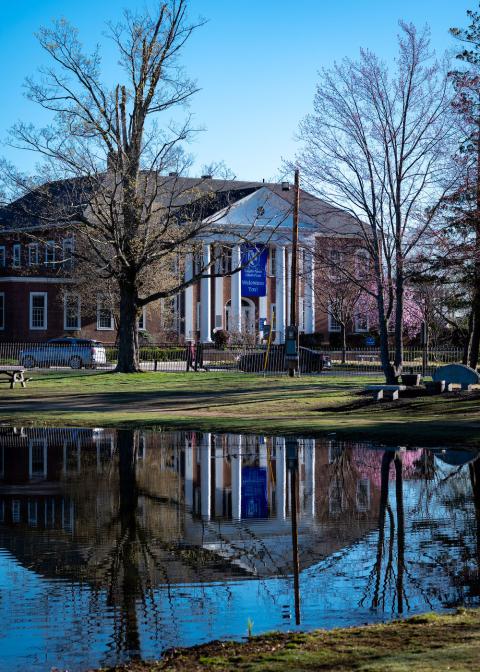How to Choose an LLM
Watch our webinar on how to choose an LLM
Rankings can be a deciding factor, but they aren’t everything when prospective students are searching for the right LLM program.
Among the primary considerations when selecting a program are cost, location, size, and specialties offered. Is the program affordable? Do you prefer a rural or urban setting? Do you want to be near hiking and the ocean or shopping and restaurants? All of the above? Class size can also be an important consideration. In a smaller LLM program, students are more likely to have opportunities to get to know their professors. A larger program may offer more specialties, but may or may not offer the specialty that is of the most interest to you. While school rankings might pique your initial interest, make sure to look a little deeper into specialty rankings to gain an understanding of each school’s areas of expertise and depth of programming.
While some LLM programs offer a more generalized curriculum, others offer specialized degrees that allow a student to gain specialty knowledge in a specific field of law. Examples of this are programs that focus on intellectual property, business, and gaming. It is important to note that these programs might offer less flexibility in course selection, though a specialized degree can complement a practitioner’s expertise in their area of the law. General LLM programs help students increase their knowledge of the American legal system, which can be essential in international law practice areas and can also help graduates prepare for American Bar Association exams.

“If you know you want to specialize in a specific area of the law, such as intellectual property,” says Sarah Dorner, director of graduate and international admissions at UNH Franklin Pierce, “then it may be helpful to consider a school’s specialty ranking in that area. It can be a good indicator of the breadth of the school’s subject-specific curriculum, the quality of the faculty who specialize in that area of the law, and the level of programming dedicated to the subject matter.”
As part of their curriculum, many LLM programs offer clinics that provide students with hands-on opportunities to take on real casework under the supervision of licensed attorneys. Not only does this practical experience give future practitioners a boost in their legal careers, but it provides insight into certain areas of the law.
Outside of the classroom, many LLM programs offer student clubs and organizations.
What student organizations are offered at the schools you are considering? Do they align with your interests? Do they offer opportunities for collaboration with JD students? For leadership? Beyond graduation, alumni networks can be an excellent resource for any practitioner. Size and geographic diversity of that network is one more factor to consider when researching the right LLM program.
Choosing the right fit for pursuing an LLM is a big decision. To search for LLM programs, we recommend the following resources:
The UNH Franklin Pierce School of Law has been a powerhouse for nearly five decades, offering a top-ranked US legal education in global innovation and the #4 Intellectual Property Law program in the US. Supported by an internationally recognized faculty and alumni in more than 80 countries around the globe, UNH Franklin Pierce’s LLM programs prepare students for the next steps in their legal careers.